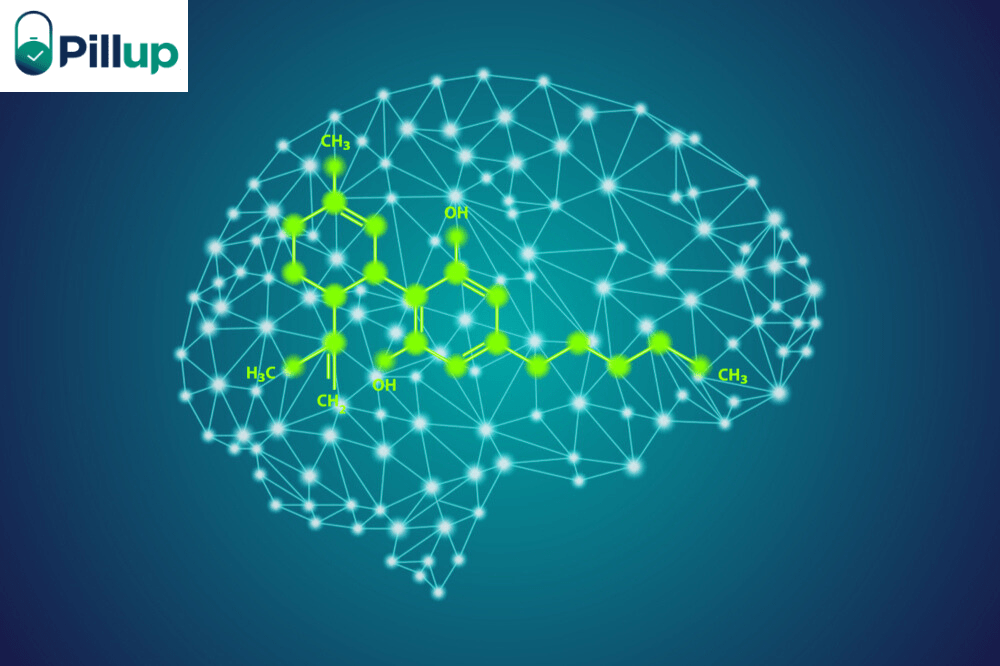You know those moments when you walk into a room and completely forget why you’re there? Imagine that but on a whole new level. Neurodegenerative diseases are like unwelcome house guest that slowly makes themselves at home in your brain, causing a range of symptoms that can impact your daily life.
But don’t worry, it’s not all doom and gloom. The key to managing neurodegenerative diseases is early detection and management. Just like how you catch a cold early and take some medicine to nip it in the bud, catching neurodegenerative diseases early can slow down its progression and improve your quality of life.
So buckle up, because we’re going to take a closer look at what neurodegenerative diseases are and why it’s so important to stay on top of them
Common symptoms of neurodegenerative disease
Ah, the dreaded symptoms of neurodegenerative diseases. It’s like a game of roulette – you never know which symptoms you’ll get. But don’t worry, we’re in this together.
Motor symptoms
First up, we have motor symptoms. Imagine trying to walk a straight line, but your body just won’t cooperate. That’s what it’s like for people with neurodegenerative diseases. They may experience tremors, stiffness, and balance problems that can make simple tasks like walking or even holding a cup of coffee feel like a Herculean feat.
Cognitive symptoms
Next, we have cognitive symptoms. It’s like trying to find a needle in a haystack – except the needle is your memory. People with neurodegenerative diseases may experience memory loss, confusion, and difficulty with language which can make it hard to communicate with loved ones or complete everyday tasks.
Behavioral symptoms
Finally, we have behavioral symptoms. It’s like trying to control a rollercoaster – one minute you’re up, and the next minute you’re down. People with neurodegenerative diseases may experience depression, anxiety, and mood changes that can impact their quality of life and relationships.
But don’t lose hope. Early detection and management can make a world of difference. By understanding these common symptoms and seeking help when needed, we can work towards improving our quality of life and maintaining our independence.
So let’s support each other, whether it’s through medication management or just being there as a listening ear. Together, we can navigate the ups and downs of neurodegenerative diseases and find moments of joy and connection along the way.
Neurodegenerative diseases: The experience
Now that we’ve talked about some of the neurodegenerative diseases and their symptoms, let’s dive a little deeper into what these symptoms can mean for those affected.
Alzheimer’s disease
For someone with Alzheimer’s disease, losing their memory can be like losing a part of themselves. Memories are the building blocks of our identities, and when they slip away, they can be disorienting and even frightening. Along with memory loss, people with Alzheimer’s can experience confusion and difficulty with daily tasks, which can make them feel like they’re losing control.
Parkinson’s disease
The tremors and stiffness that come with Parkinson’s disease can make the person feel like their body is betraying them. It can be frustrating to have a mind that’s still sharp but a body that won’t cooperate. They may find themselves struggling to complete tasks that used to be simple, like cooking a meal or writing a letter.
Huntington’s disease
The uncontrollable movements that people with Huntington’s disease make can be embarrassing and isolating. It can be challenging to be in public and have your body betray you in front of others. Mood changes and cognitive decline can also make it difficult to connect with friends and family.
Amyotrophic lateral sclerosis (ALS)
And for someone with ALS, muscle weakness and difficulty speaking and swallowing can be frightening and isolating as well. It can be tough to rely on others for basic needs and feel like you’re losing your independence.
But despite these challenges, people with neurodegenerative diseases can still find moments of joy and connection. It’s essential to support them through their struggles and celebrate their triumphs, no matter how small. So let’s be there for our loved ones and show them the love and compassion they deserve.
Importance of early detection and management
Now that we’ve discussed some of the challenges that people with neurodegenerative diseases face, let’s talk about how early detection and management can make a difference in their lives.
There are various treatments and therapies available for neurodegenerative diseases, including medications, physical therapy, and even speech therapy. These treatments can help manage symptoms and improve quality of life. But in order for them to be effective, it’s crucial to catch the disease early and start treatment as soon as possible.
The role of medication adherence
One of the keys to successful management is medication adherence. Taking medications on schedule and as prescribed can help slow disease progression and reduce symptoms. Pillup’s pre-sorted medication service can be a valuable resource in helping patients stay on top of their medication schedules and ensuring that they never miss a dose.
The importance of regular check-ups
Regular check-ups and symptom monitoring are also essential for catching any changes early and adjusting treatment plans as needed. This can help prevent complications and improve overall health outcomes.
Support for patients and caregivers
Finally, we can’t forget about the importance of support for patients and caregivers. Neurodegenerative diseases can be challenging for everyone involved, and having access to resources and support can make a world of difference. Pillup does not only offers pre-sorted medication service offers, we also send you reminders so that you never forget to take your medicines on time.
Conclusion
In conclusion, neurodegenerative diseases can have a significant impact on the lives of those affected, with symptoms ranging from motor and cognitive issues to behavioral changes. Early detection and management are crucial for slowing disease progression and improving quality of life.
Regular check-ups, medication adherence, and access to support and resources are all vital components of successful management. We encourage everyone to prioritize regular check-ups and medication adherence for better management of the neurodegenerative disease.
And for those who need additional support, PillUp’s pre-sorted medication service offers a valuable resource for managing medications and accessing support and resources and provide easy-to-tear medication packets are labeled with the medicine names, dosage, and time & date of consumption making it easier for you to take the right medicine at right time.
Let’s continue to spread awareness about these diseases and support those affected by them. Together, we can make a positive difference in the lives of those living with neurodegenerative diseases.



